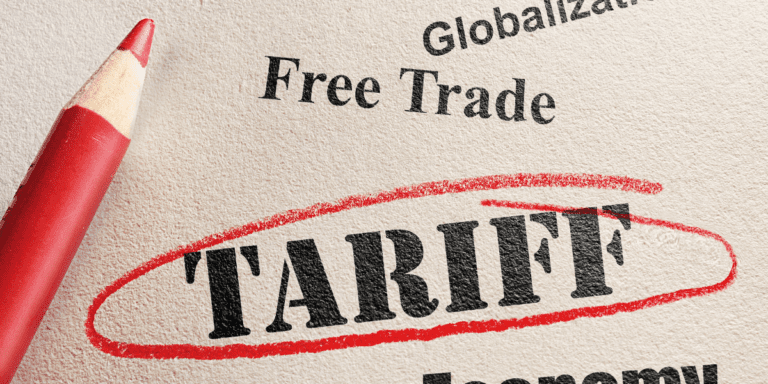President Donald Trump took a bold step in his ongoing trade war by implementing massive tariffs on all imports, calling the day “Liberation Day.” This unprecedented decision, laid out in Executive Order 14257, was designed to overhaul global trade dynamics and address what Trump referred to as long-standing unfair trade practices. The announcement sent shockwaves through global markets, igniting a cascade of reactions from trading partners and domestic businesses.
Trump’s “Liberation Day” tariffs impose a blanket tax on every imported good, aiming to protect American industries from foreign competition. The President framed the tariffs as a necessary measure to restore fairness and sovereignty in international trade. However, the immediate aftermath of the policy shift was marked by severe economic volatility. Stock markets fluctuated wildly as investors scrambled to assess the long-term impacts on global supply chains and consumer prices.
Small businesses, which often rely on imported goods for production and inventory, were among the hardest hit. Many faced an immediate increase in the cost of goods, which led to price hikes for consumers and squeezed profit margins. For some, the situation escalated further, with reports of layoffs as companies struggled to absorb the additional financial burden. Others were forced to liquidate inventory that had suddenly become prohibitively expensive due to the tariffs. The knock-on effects were particularly severe for industries that depend heavily on foreign raw materials and finished products, such as manufacturing and retail.
Internationally, Trump’s tariffs have ignited tensions with key trade partners. Countries such as China, the European Union, and Mexico quickly retaliated, introducing their own tariffs on American goods. This escalating trade standoff has raised concerns about the future of global commerce. Economists warn that if left unchecked, the new tariff regime could trigger a full-scale trade war, which might lead to a global recession.
Some American lawmakers have expressed concern about the long-term implications of the tariffs, fearing that the U.S. economy could suffer more than it gains. However, Trump’s supporters maintain that the tariffs are essential to reducing the trade deficit and leveling the playing field for American workers. The President’s decision to unilaterally impose these tariffs also raises questions about the United States’ role in the World Trade Organization and its commitment to multilateral trade agreements.
The full impact of Trump’s tariffs remains to be seen. While the short-term effects are already evident in disrupted supply chains, layoffs, and strained diplomatic relations, the longer-term consequences for the U.S. economy and its standing in global trade will depend on how other nations respond and whether the tariffs lead to meaningful changes in international trade practices.


